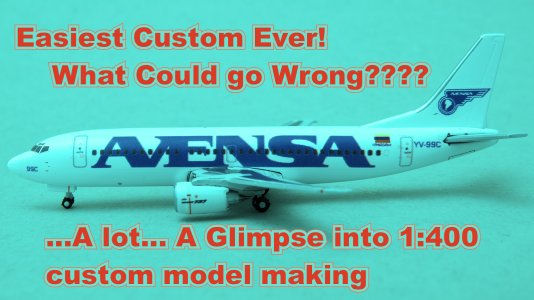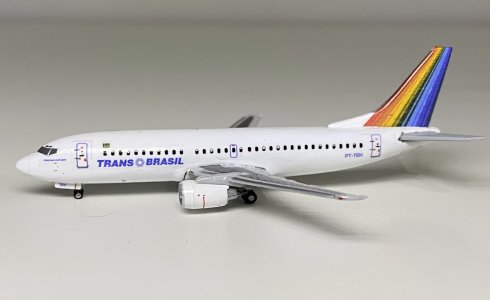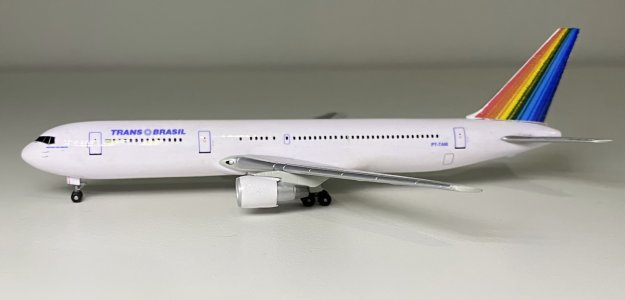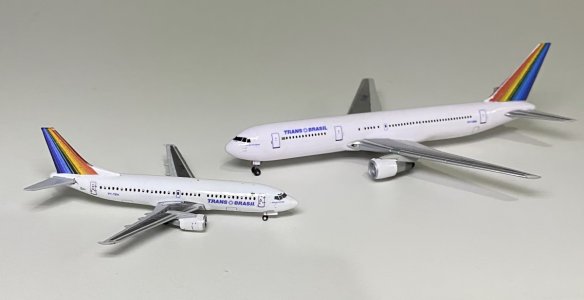Jazajia
Well-known member
The Easiest Custom Die-cast Model, What Could go Wrong?? More than Meets the Eye...
Avensa operated a sole 737-300 between 1990 and 1996 registered YV-99C. I originally made a custom model of this aircraft using a GeminiJets U.S. Airways donor. So, as you can imagine, it took a lot of work as the donor had to be paint stripped and repainted before applying the decals. And as expected, it does look very homemade.
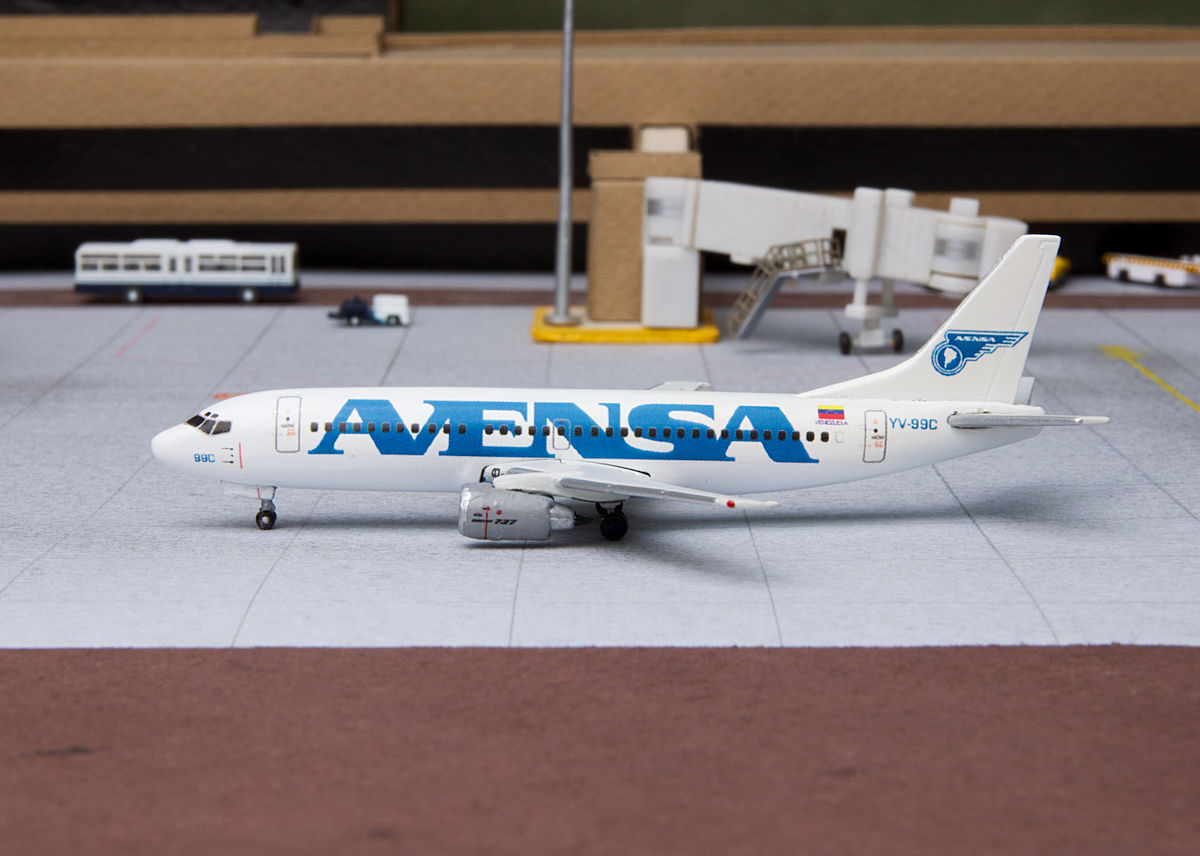
Avensa 737-300 YV-99C custom using a GeminiJets US Airways donor.
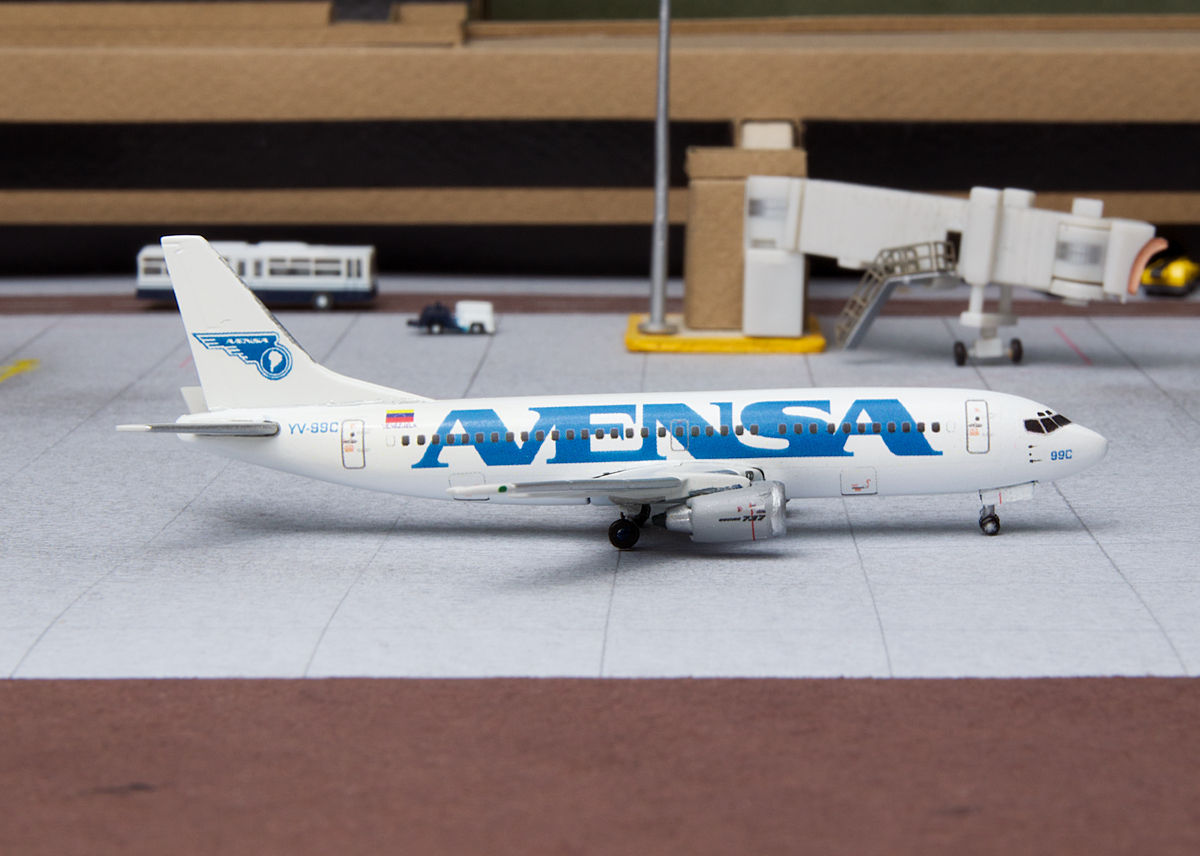
Avensa 737-300 YV-99C custom using a GeminiJets US Airways donor.
When JC Wings released their blank 737-300s I decided to do another custom to take advantage of the blank model, especially since the Avensa billboard livery has a completely white fuselage.
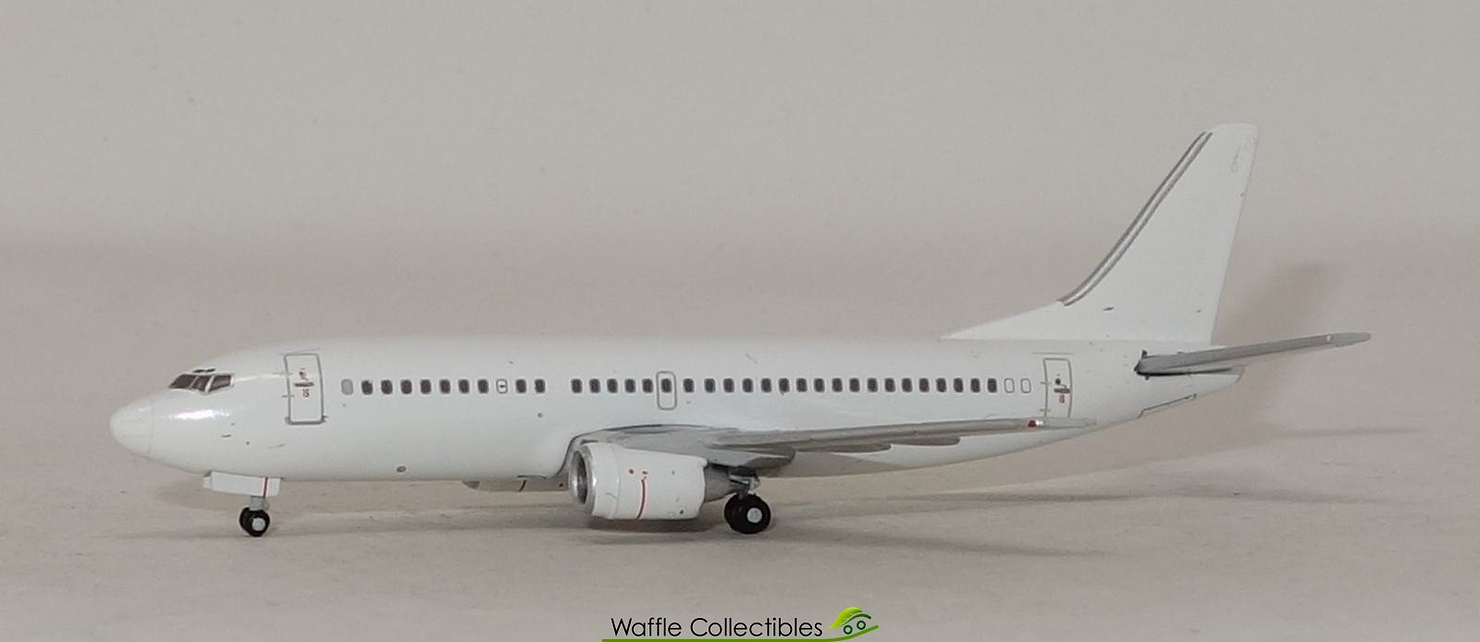
JC Wings Blank 737-300 in 1:400 scale.
I can do decals at home, but to reduce the workload, I decided to order them from V1 Decals, which already had them in stock and ready to ship.
Pretty easy, right? a blank donor, a simple livery, pre-made decals, and no painting required. What could go wrong? In fact, it looked so easy that I decided to do 5 at once (that's the minimum number of decals you need to order from V1 decals for free shipping
Since the project was so simple, I decided to add a little bit of complexity to it in order to achieve better results. The engines on this airplane had a very light shade of grey on them. I have seen many customs of this aircraft in which the engines are simply left white. In my first custom of this model, I painted them grey, but much darker than the actual aircraft (you can see this in the two pictures above). I decided to take it upon myself and give these engines the slightly darker tone they needed to replicate the real YV-99C more accurately.
So I removed all 10 engines, started to mix up grey and white enamels until I found a shade that I was happy with, and started to airbrush. After they dried for a couple of days I re-did the chrome engine lips and clear-coated them.
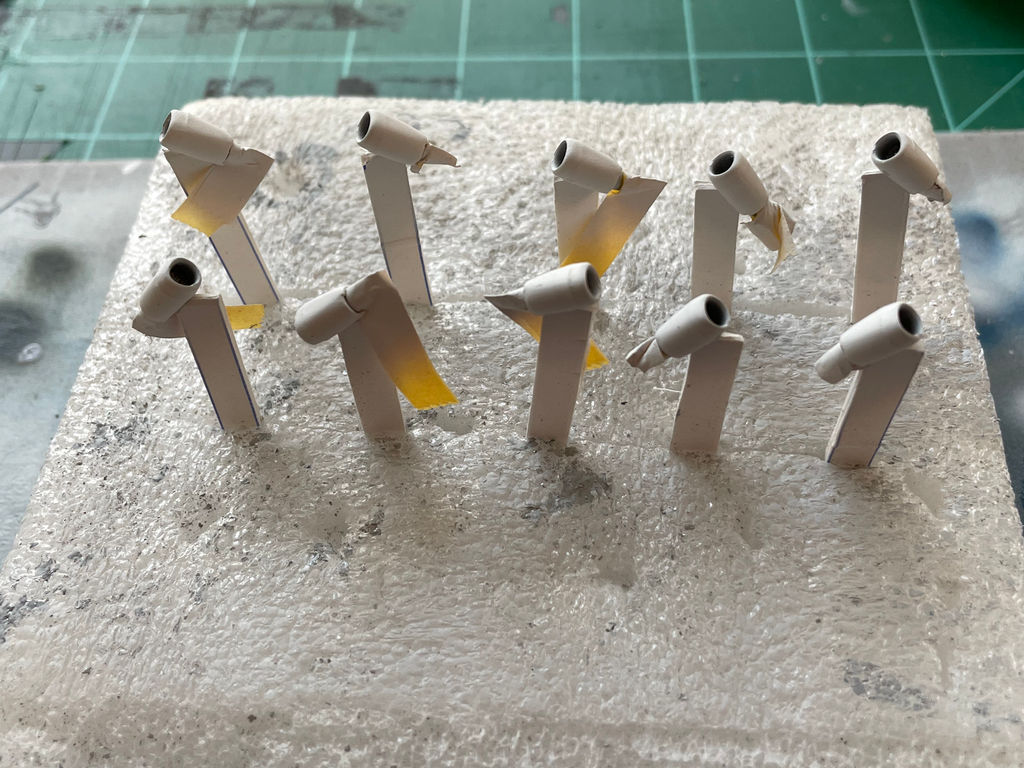
Then the decal application process went well, or so I thought, up to the fifth one. After doing four of these, and being in a bit of a rush to get them done and scratch them off of the project list, I ended up breaking the starboard billboard titles decal of the fifth and last one. So that one was written off and sent back to the donor's drawer.
Last minute I also decided that it was too boring to do 4 of the same aircraft, so decided to apply homemade decals of the late 1990s Avensa tail logo to two of them (V1 Decals only has the early 1990s Avensa logo variant of the livery).
Below: YV-99C wearing the early 1990s Avensa tail logo, with an outline and only showing the map of South America. This is the logo included in the V1 Decals artwork.
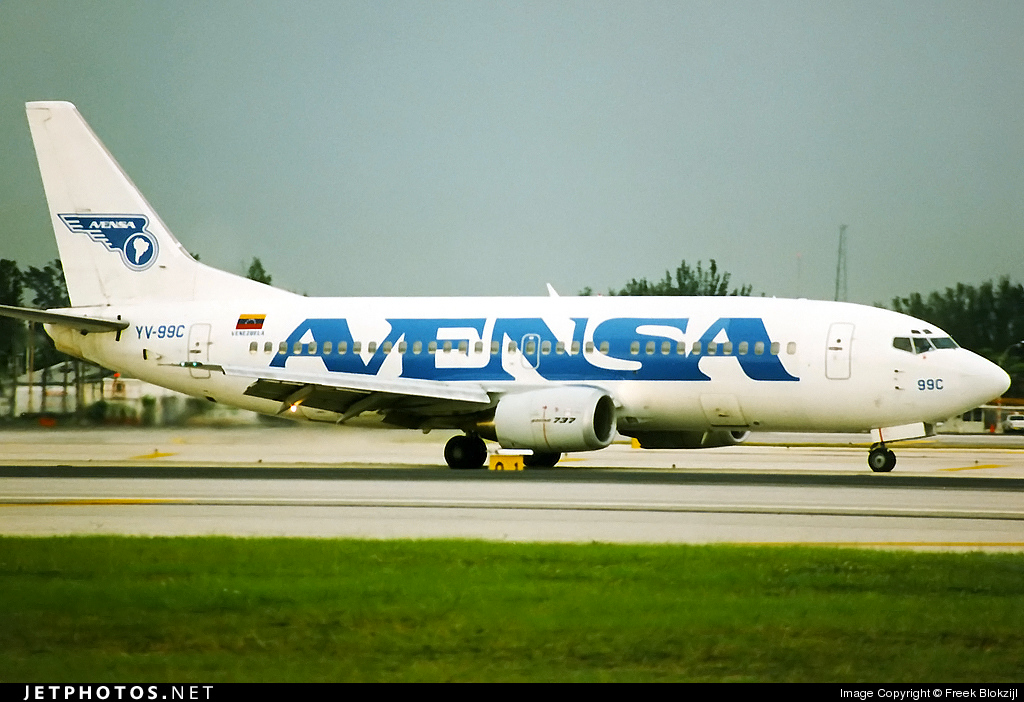
Photo Credit: Freek Blokzijl Jetphotos.com
Below: The only publicly available photo of YV-99C wearing the late 1990s Avensa tail logo, without the outline and showing the map of South, Central, and part of North America. This photo was taken on July 1995, close to the end of its service life with Avensa.
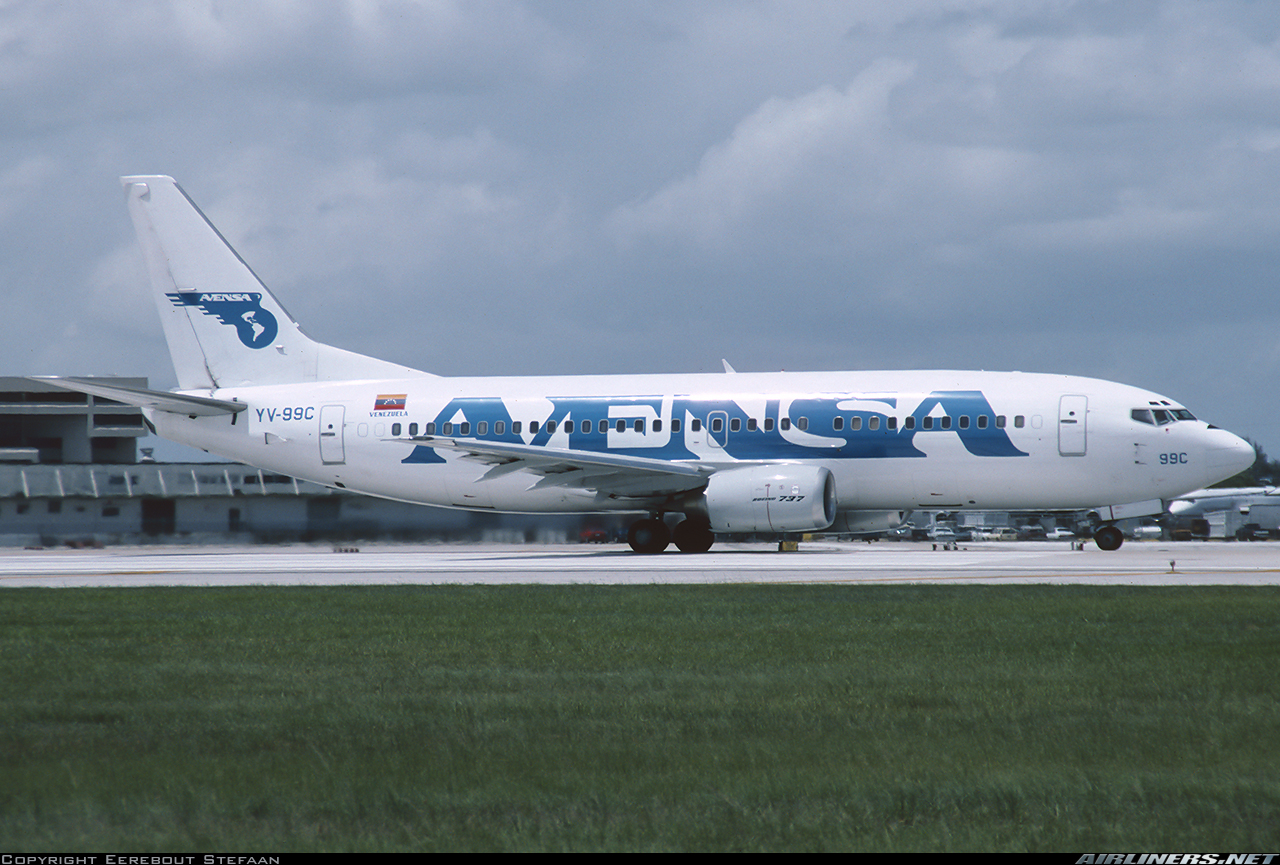
Photo Credit: Eerebout Stefaan - Airliners.net
Finally, everything seemed to be done, and I took two of them for a photoshoot. It was not until I had posted the pictures online that I realized that I applied the engine decals backward to one of them. I hope that I got the other two right, they are back home and I am currently on a different continent. We shall see when I get back.
Below: The example with the engine decals backward, and the early 1990s tail logo that comes with the V1 Decals set. Notice the decal artwork shows misalignment.
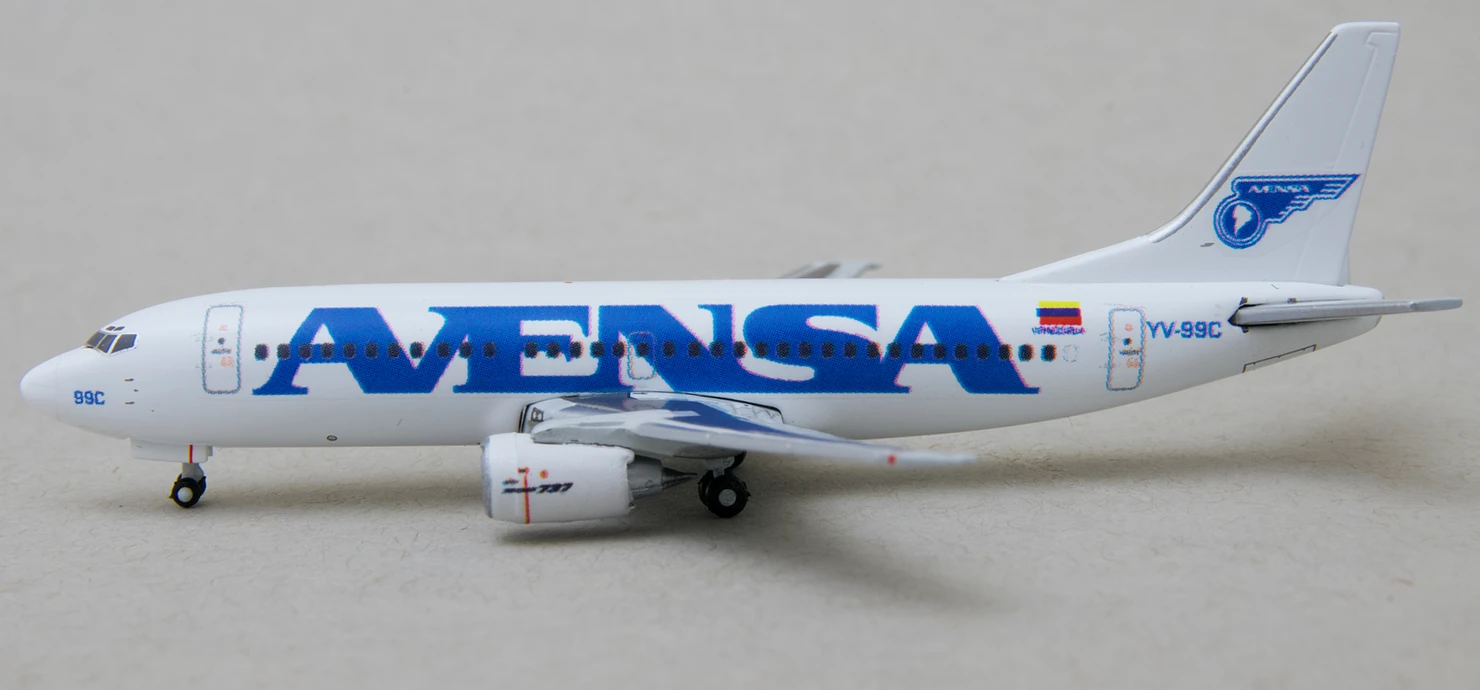
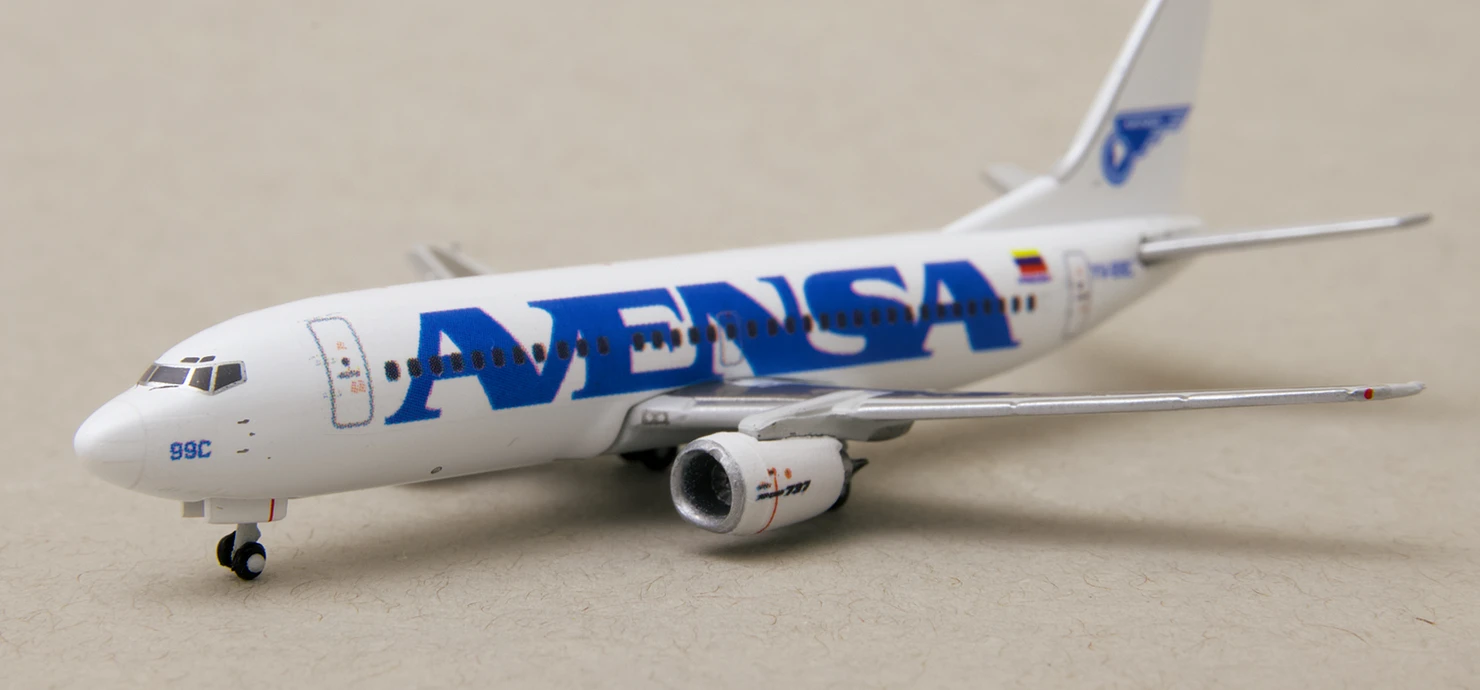
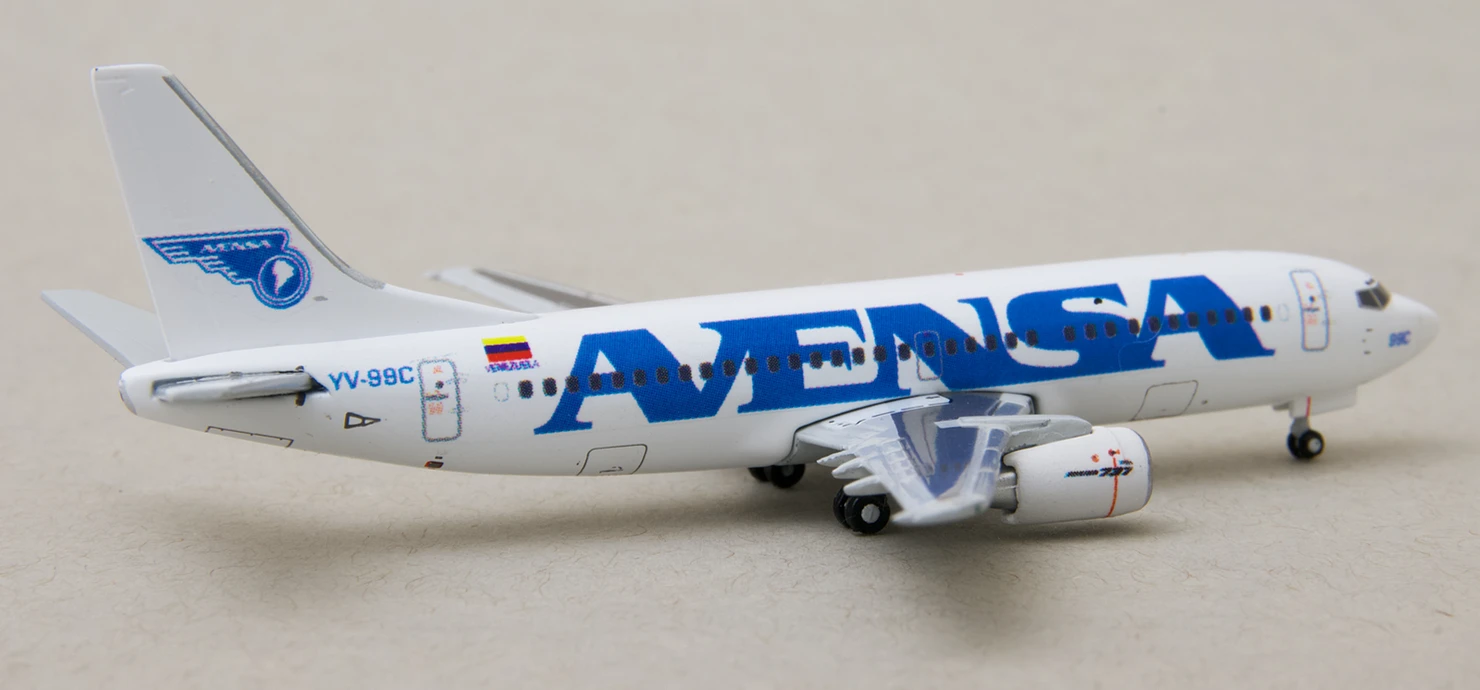
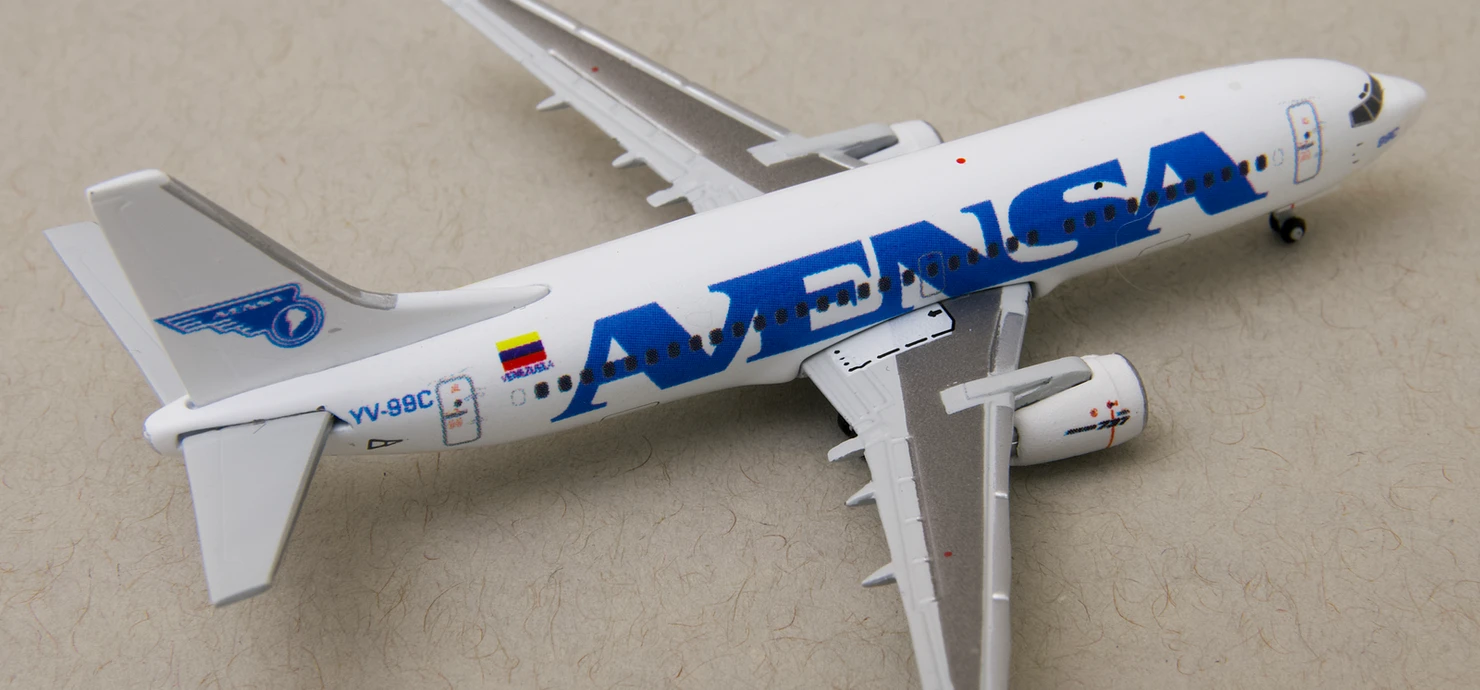
Below: The example with the correctly applied engine decals and the homemade late 1990s tail logo.
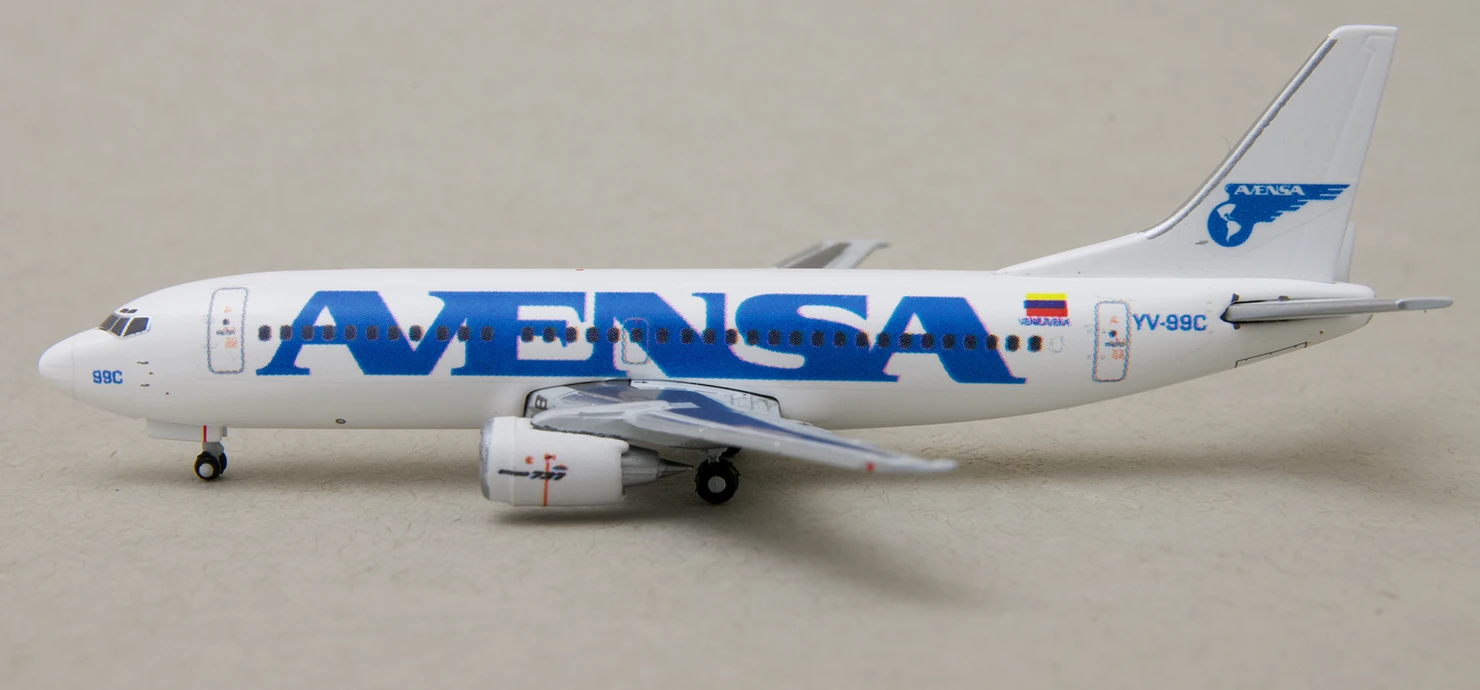
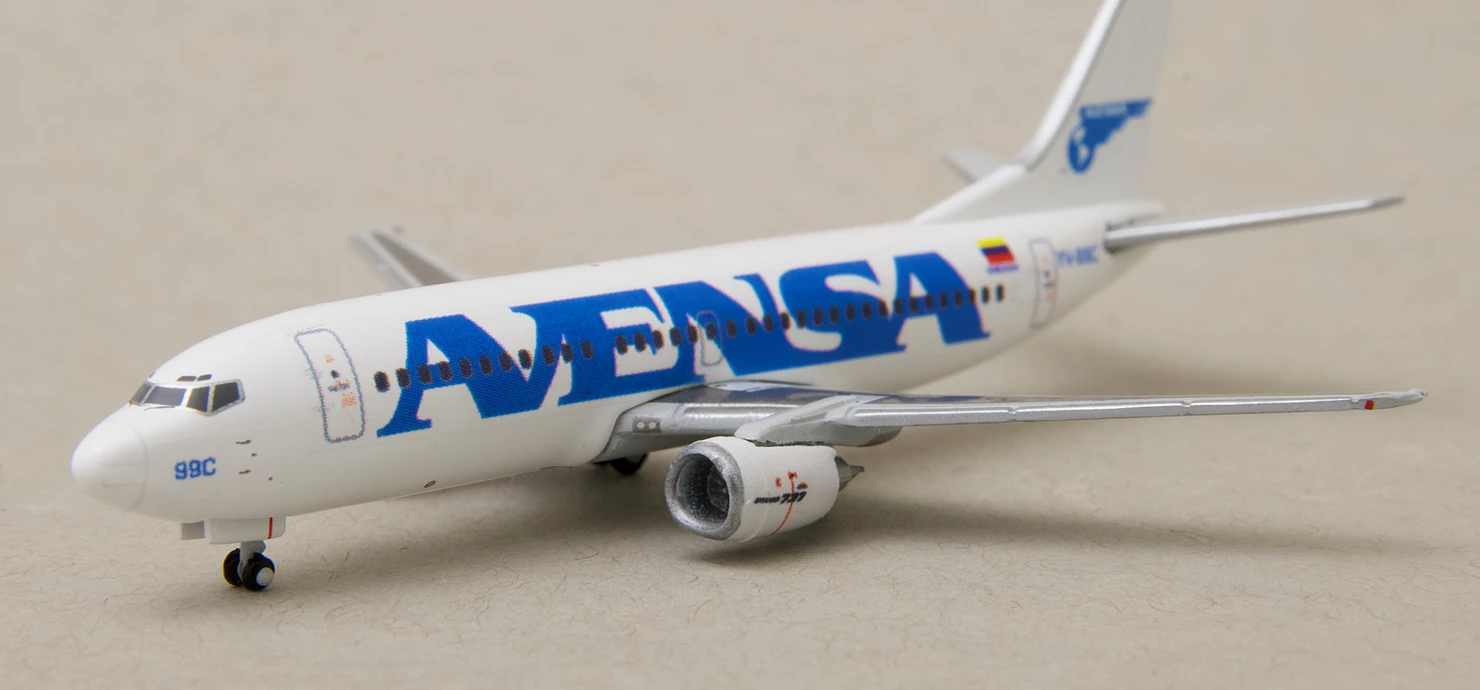
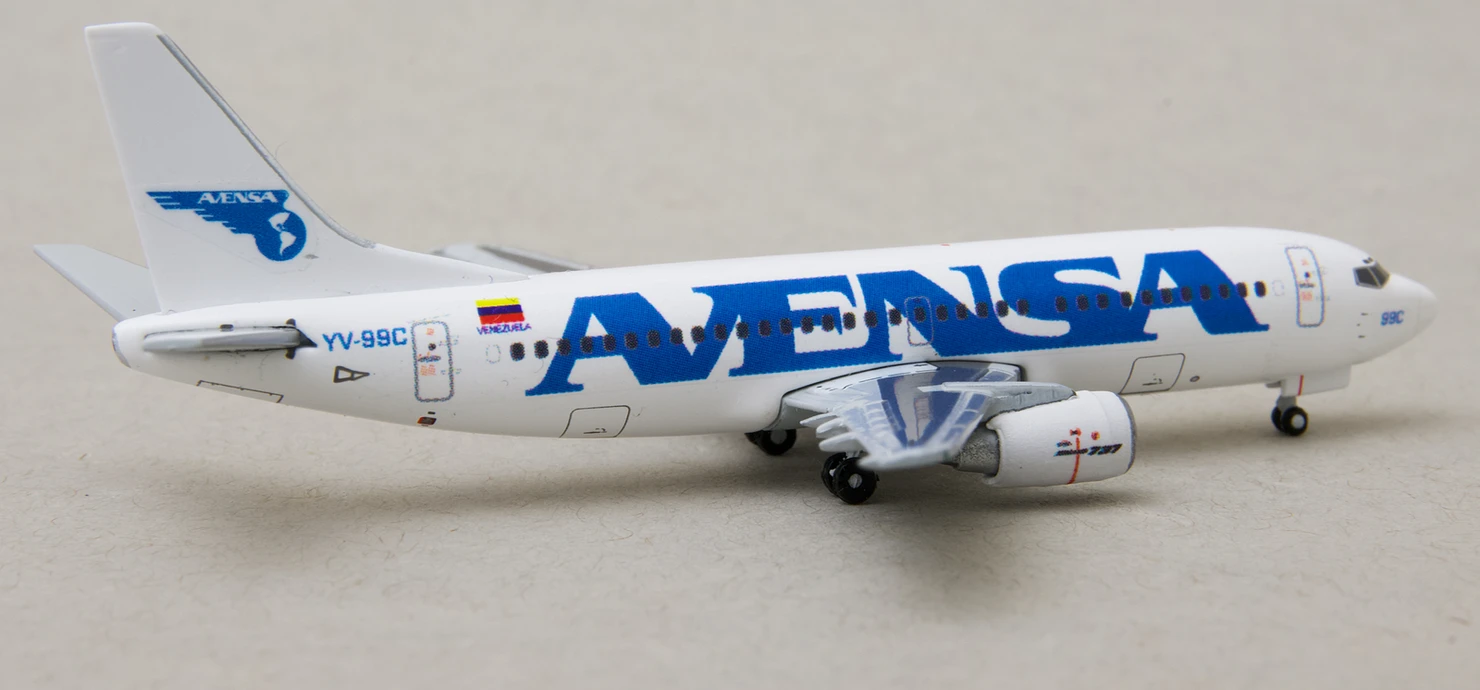
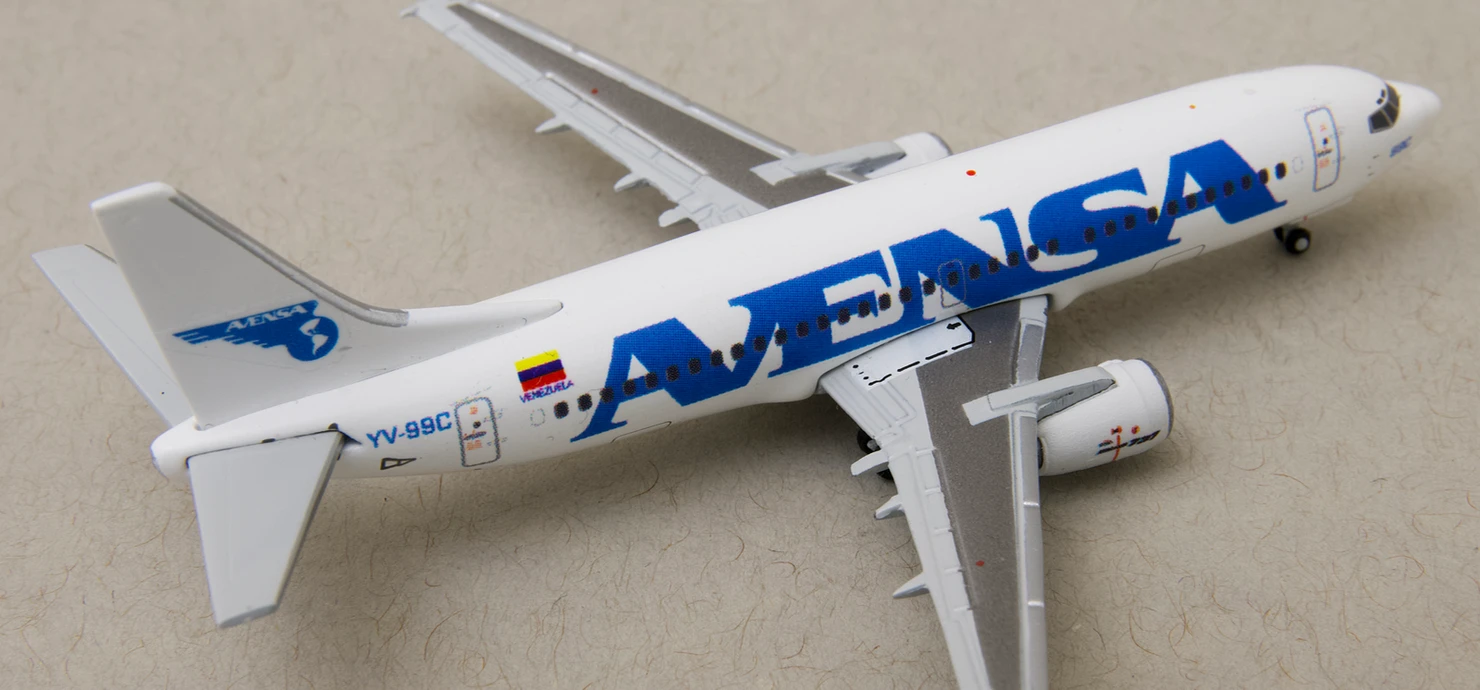
So there you have it, one out of 5 didn't make it because I mishandled the decals, then I incorrectly applied the engine decals backward to - hopefully - one of them. And I forgot to mention that I had to reprint the homemade late 1990s tail logo in order to get it right.
It goes to show you that to accurately represent a livery, even a simple one, a lot of work goes into it. When you start experimenting with this kind of stuff you also very quickly start to understand why so many models come out of the factories in China with so many errors, I am actually surprised we don't see more.
Stay tuned for more updates on this and other projects through YankeeVictor400's social media outlets!
YouTube
